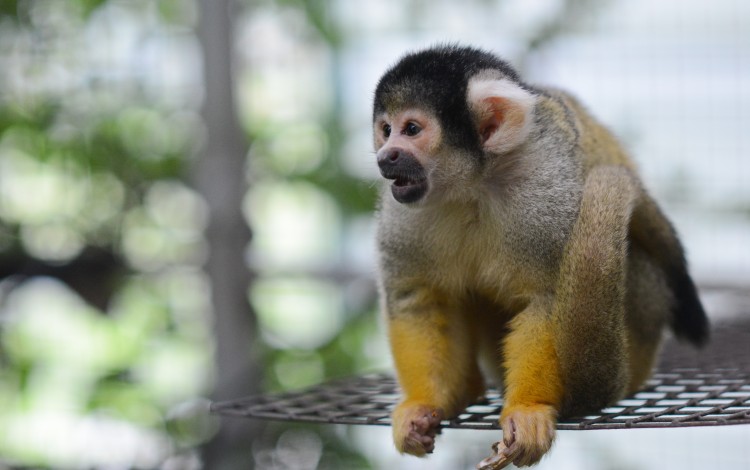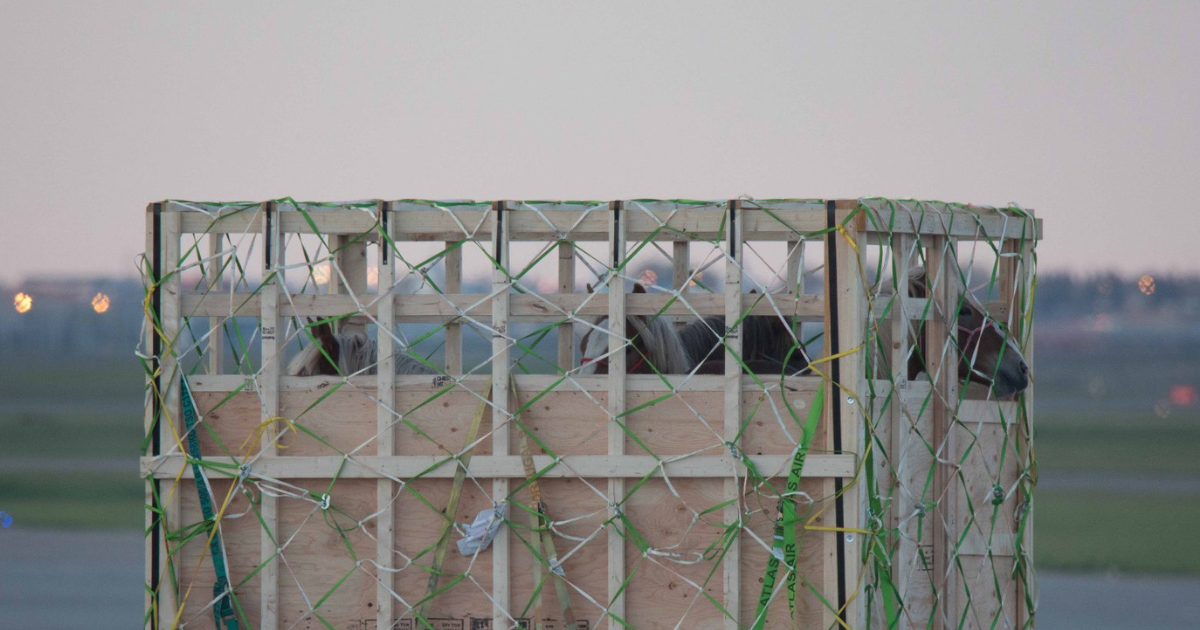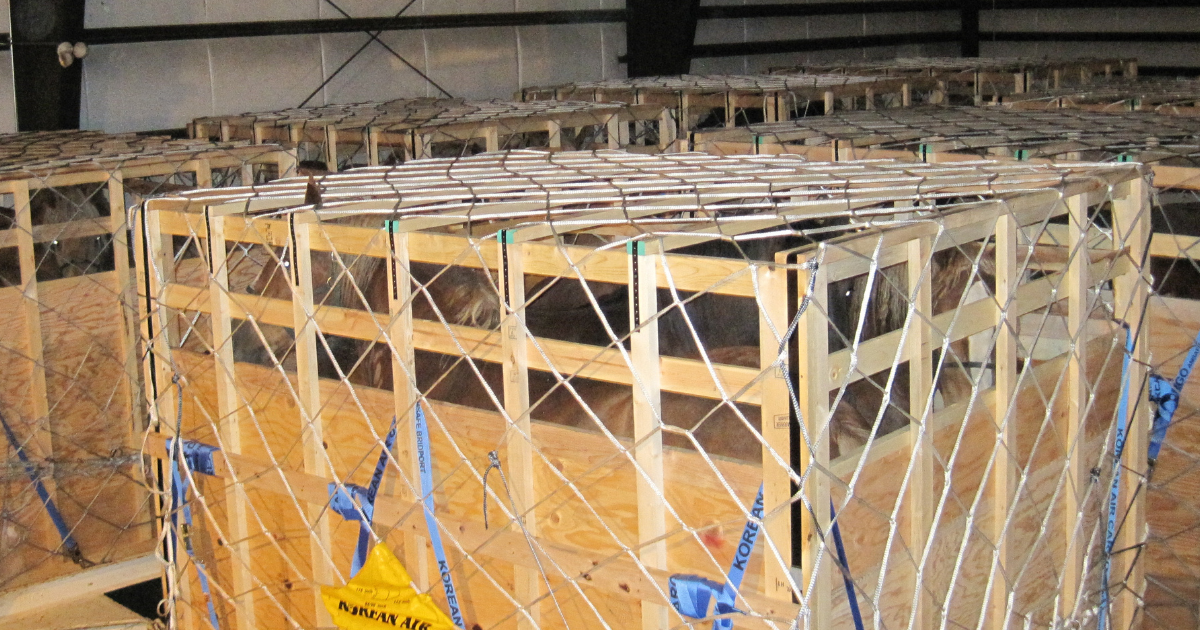The City of Toronto just opened a public consultation to help decide how to regulate exotic animals and traveling zoos. It’s time to have your say! This is a rare opportunity for Toronto residents to help shut down the cruel exotic pet trade and stop travelling zoos from operating inside city limits.
Tragically, Ontario has the fewest legal protections for exotic animals of any province in the country. The only animals that cannot be owned in Ontario are orcas and pit bulls, leaving other animals vulnerable to suffering and exploitation by the billion-dollar exotic pet and the zoo industries. Ontario’s failure to protect exotic animals has forced cities like Toronto to pick up the slack, which is why this consultation is so important. A strong set of bylaws in Toronto could encourage other municipalities to do the same.
Right now, Toronto has a list of prohibited animals, but the list needs to be strengthened to protect more wild animals from becoming victims of the pet trade. Also, dozens of traveling zoos are currently operating in the city, trucking prohibited exotic animals all over the city to birthday parties, seniors homes, and other events.
Wondering how to participate in the consultation? There’s two easy ways: online or in person!
- 1. Fill out this online survey before noon on May 5 (see our recommendations below).
2. Attend one of two in-person public consultations. Meeting # 1 is on April 28, 10:30 am – 12:30 pm. Meeting #2 is on May 1, 6:30 – 8:30 pm. For more details, see this link.
Recommendations
Animal Justice recommends that instead of having a long list of prohibited animals, Toronto should create a shorter list of permitted animals (also known as a “positive list”). Positive lists have the advantages of simplicity and clarity, and generally do a better job of protecting vulnerable animals from exploitation by the pet trade. Ideally, we recommend that only domesticated animals whose welfare does not suffer in captivity be permitted in Toronto, and that animals on the list must not pose a risk to public safety. Wild animals belong in the wild, and must not be permitted to become part of the exotic pet trade, which is responsible for significant suffering and mortality regardless of whether animals are captive-bred or wild-caught.
Animal Justice also recommends that traveling zoos must not be permitted to operate within the city. Traveling zoos cause stress and suffering to animals, forcing timid and sensitive animals to submit to human touching and contact. Animal-borne diseases may be transmitted, animals may bite or otherwise react, and they risk escaping. Guests are often invited to interact with dangerous animals like snakes and venomous reptiles. The risks are real: In one recent incident, a tarantula with a Toronto-based traveling zoo shot microscopic barbs into the eye of a three-year old child, which could not be removed. Traveling zoos put both animals and the public at risk.
Further Resources
Zoocheck: A “Positive List” Approach to Exotic Pet Regulation
Mark Bekoff: The Exotic Pet Trade: Horrific Global Animal Abuse and an Assault on Sentience
PETA: Inside the Exotic Animal Trade
Canadian Press: Rise of mobile zoos raising concerns about health and safety
PETA: Traveling Zoos and Petting Zoos
Photo: Jo-Anne McArthur / NEAVS





